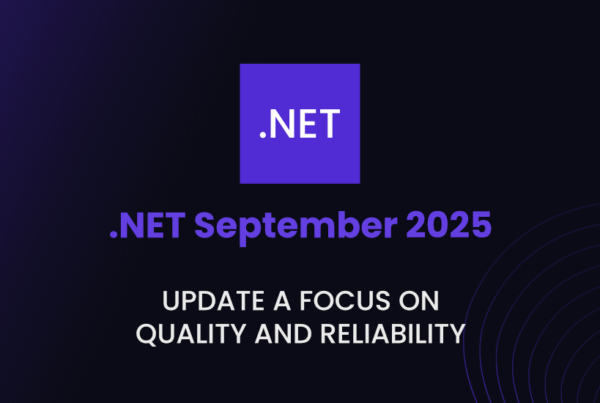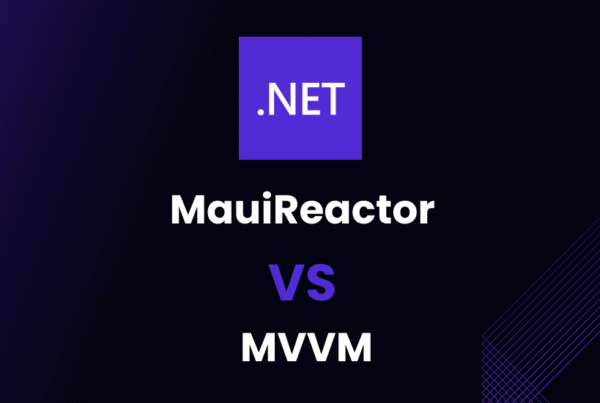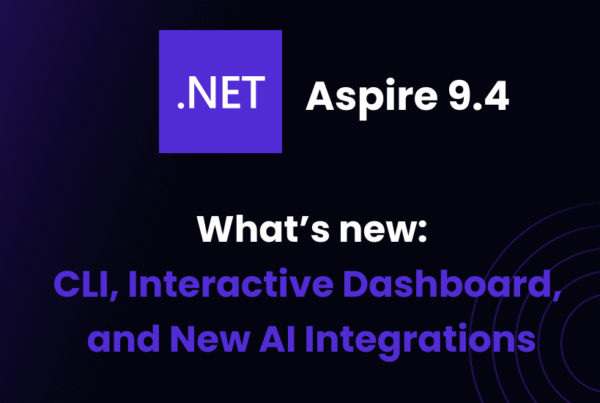In this article, we’re delving deep into the world of .NET development, specifically exploring the differences between .NET Core and .NET Framework. If you’ve ever thought about which framework is more suitable for your project or simply want to enhance your understanding of .NET, you’re in the right place. Let’s dive into it!
Understanding .NET Framework
First of all, let’s take a moment for the fundamentals of .NET Framework. Picture it as the elder man of the .NET family, .NET Framework provides a comprehensive and robust platform for building desktop, web, and mobile applications primarily targeting Windows environments. Its architecture revolves around the Common Language Runtime (CLR), which executes managed code, and the Base Class Library (BCL), offering a vast array of pre-built functionality.
// Example of a simple .NET Framework application
using System;
class Program
{
static void Main()
{
Console.WriteLine("Hello, .NET Framework!");
}
}In this example, we have a basic console application written in C# targeting .NET Framework. Notice how we import the System namespace, which is part of the BCL, to access the Console class for output.
Unraveling .NET Core
Now, let’s shift our focus to .NET Core. Born out of Microsoft’s quest for modernization and cross-platform compatibility, .NET Core represents a paradigm shift in the .NET ecosystem. Unlike its predecessor, .NET Core boasts a modular and lightweight architecture tailored for contemporary development practices. It’s designed to be lean, mean, and versatile, with a diverse range of development scenarios across Windows, macOS, and Linux.
Here, we have a similar console application written in C#, but this time targeting .NET Core. Despite the syntactical similarities with .NET Framework, .NET Core offers enhanced performance, scalability, and cross-platform support, making it an attractive choice for modern application development.
// Example of a simple .NET Core console application
using System;
class Program
{
static void Main()
{
Console.WriteLine("Hello, .NET Core!");
}
}10 Differences Between .NET Core and .NET Framework
Cross-platform Compatibility
- .NET Core: Built with cross-platform compatibility in mind.
- .NET Framework: Primarily tailored for Windows environments, limiting cross-platform deployment options.
In essence, .NET Core enables developers to break free from the shackles of platform dependency, facilitating seamless deployment across diverse operating systems.
Modularity and Package Management
- .NET Core: Gives modular approach with built-in package management via NuGet.
- .NET Framework: Relies on external tools for package management, lacking the innate modularity of .NET Core.
The modular architecture of .NET Core fosters better code organization, dependency management, and scalability, empowering developers to craft agile and maintainable solutions.
Performance and Scalability
- .NET Core: Superior performance and scalability compared to .NET Framework.
- .NET Framework: May exhibit performance bottlenecks and scalability limitations, especially in high-demand scenarios.
From optimized runtime components to enhanced memory management, .NET Core gets advantage in terms of application performance and scalability.
Operating System Support
- .NET Core: Offers comprehensive support for Windows, macOS, and Linux.
- .NET Framework: Primarily for Windows-based deployments, limiting compatibility with alternative operating systems.
.NET Core empowers developers to target a broader audience without compromising on functionality or performance.
Development and Deployment Flexibility
- .NET Core: Facilitates flexible deployment options, including self-contained executables and containerization.
- .NET Framework: Traditionally relies on system-wide installations, posing challenges in isolated or cloud-based deployment scenarios.
With .NET Core, developers enjoy the freedom to package their applications along with runtime components, simplifying deployment and reducing dependency conflicts.
Open Source Nature
- .NET Core: Embraces the open-source ethos, increasing community collaboration and innovation.
- .NET Framework: Historically proprietary, with limited scope for community involvement and contribution.
The open-source nature of .NET Core cultivates a wide ecosystem of libraries, frameworks, and tools, accelerating the pace of development and adoption.
Containerization and Microservices
- .NET Core: Seamlessly integrates with containerization technologies like Docker and Kubernetes, facilitating microservices architecture.
- .NET Framework: While feasible, containerizing .NET Framework applications may pose challenges due to its monolithic nature.
Containerization and microservices are second nature to .NET Core, offering unparalleled agility and scalability in modern cloud-native environments.
Dependency Injection
- .NET Core: Includes a built-in dependency injection framework, promoting loosely-coupled and testable code.
- .NET Framework: Dependency injection in .NET Framework often relies on third-party libraries or manual implementation.
By embracing dependency injection as a first-class citizen, .NET Core simplifies component composition, promotes code reusability, and enhances testability.
Development Ecosystem and Tooling
- .NET Core: Boasts a rich development ecosystem with modern tooling, IDE support, and community-driven extensions.
- .NET Framework: While mature, the development ecosystem may lack some of the modern conveniences and community contributions found in .NET Core.
From Visual Studio IDE to cross-platform editors like Visual Studio Code, .NET Core offers a plethora of tools and resources to streamline the development workflow.
Long-term Support (LTS) Strategy
- .NET Core: Adheres to a well-defined LTS strategy, ensuring long-term stability, compatibility, and support.
- .NET Framework: LTS support for .NET Framework may vary depending on the version, with certain releases reaching end-of-life sooner than others.
By providing clear guidelines and commitment to long-term support, .NET Core instills confidence in developers and enterprises investing in the platform for mission-critical applications.
Conclusion
In conclusion, the dichotomy between .NET Core and .NET Framework underscores the evolution of Microsoft’s .NET ecosystem to meet the demands of modern application development. While .NET Framework continues to serve as a platform for legacy applications and Windows-centric deployments, .NET Core emerges as the torchbearer of cross-platform compatibility, performance, and agility. Whether you’re a seasoned developer navigating enterprise development or a newcomer exploring the .NET development, understanding the differences between these frameworks is crucial.
¡If you want to know more about .NET universe and coding in C# you can keep reading our latest articles!




